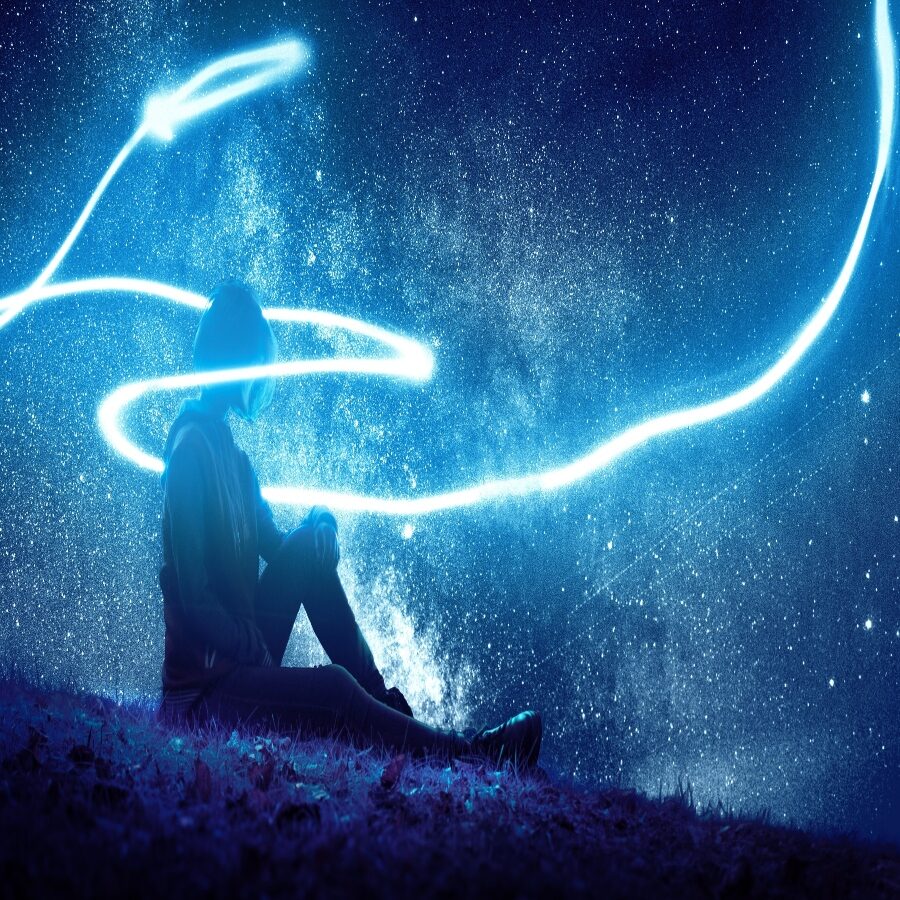
Caw
Mother says her voice is a visitor in the theater of her throat. The play must not be splendid, she says, because many characters—the woman with the crooked hat, the man who looks like he has two bellies, the couple in love stuck together like flower petals in the crevices of a book, the sleepy child who is dragged by his parents—have just got up and walked out,
onto the next: myth, prayer bead, memory coming up for air when it can’t decide if it’s an elegy or apology.
The muscles supporting her tongue are softening the way an apple prophesizes its next life. Her voice slowly being unrooted from her body, all the while, I still imagine her as a rooted stone as I have been doing since my childhood. Can you cry? I used to ask her as a child, and I long to ask that question now, too, but hold my tongue for fear of sounding unfilial.
*
It can be inherited, the doctors have told her to tell her daughters, and now my tongue is everywhere I go. I can’t help but watch for the signs: reflexive, subtle in the rubble of life, breathing a sigh of relief when I can pronounce the distinct خ in Arabic as I say the prayer for a safe journey. The days still go by through rote memorization, but I lose to the night that refuses to be memorized like her old voice, but while love can be second-hand, a voice cannot be. Her voice cannot be.
In her dreams, mother says she’s always borrowing voices, some of which meander, one is of a tigress, one is of the chalk she used to screech on the board to silence a whole classroom of giggling girls who also often wondered about their voice because good girls are nightingales and bad girls are crows. If you ask my grandmama, they are birds all the same, birds in open cages. She used to say,
you shouldn’t tell everyone about your heart’s pains because while not every house stocks salve, every house stocks salt.
I miss her voice and impromptu life advice, and I wish I could memorize it all in her language, taken away from her when she became a new bride, buried with her firstborn, never to be spoken by any of her children or grandchildren. Savage, that’s what they thought of it, and now I keep seeing birds in the frost of Vermont outside my window and think how I have not inherited the tradition of being a nightingale but the fate of becoming a crow. Mother would not like that thought; she calls lingual dystonia a crow.
*
My r’s are falling apart, Mother messages to notify me. Our messages to each other have become an involuntary makeshift tracker of lost letters. So will mine, mother, so will mine, I want to reply. But we can both still cry (caw).
Hafsa Zulfiqar hails from Pakistan and graduated from Bennington College, where she studied literature and psychology. Her work which has received the WNDB Walter Grant and a Pushcart nomination explores brown identity, dreams, language, liminality, and above all, the notion of home; it can be found or is forthcoming in AAWW: The Margins, The Offing, Columbia Journal, South Dakota Review, Kissing Dynamite, & Anti-Heroin Chic. She serves on the staff of Muzzle Magazine. You can find her on Twitter @HafsaZUnar and @vibingwithabook on Instagram
Submit Your Stories
Always free. Always open. Professional rates.
